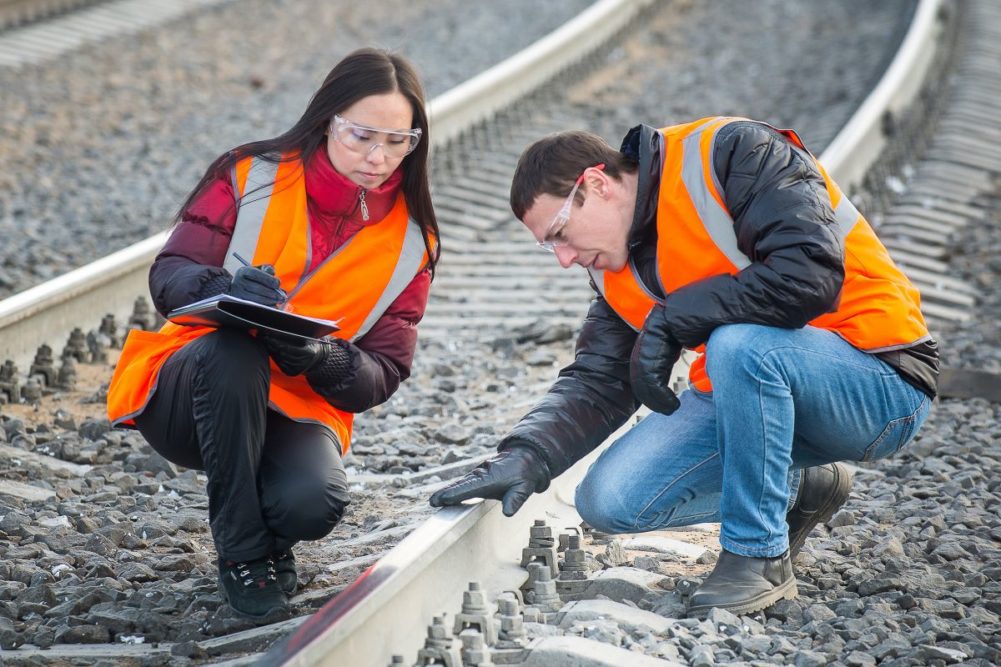ARLINGTON, VA. — The National Grain and Feed Association (NGFA) outlined a series of rail safety steps in a letter sent to the leaders of the US Senate Committee on Commerce, Science and Transportation as it urged bipartisan, targeted legislation to reduce the risk of future derailments while also ensuring a “reliable, economically sustainable” railroad freight transportation system.
The letter was sent April 28 to Chairwoman Maria Cantwell of Washington and Ranking Member Ted Cruz of Texas, by the NGFA and 47 other members of the Agricultural Transportation Working Group, which represent all aspects of the agricultural and input supply chain.
“We support congressional efforts to improve rail safety and believe there are targeted, common-sense provisions that can address this important issue to prevent future incidents,” the groups stated.
Provisions supported by the working group include:
- Standardization and expanded use of defect detectors, which help carriers prevent accidents.
- Increased funding for first responder training to meet new authorized levels set by the Infrastructure Investment and Jobs Act.
- Recommended improvements for track maintenance programs.
- Full funding of the Department of Transportation’s Pipeline and Hazardous Materials Grant Program to support emergency response planning and training.
The letter also outlined several areas of concern that could create new supply chain disruptions, an area of ongoing concern for shippers and the overall economy.
For example, requiring shippers to provide advance notifications to emergency response officials regarding the transportation of hazardous materials would be “almost impossible” as shippers are not in control of the shipment of products when cars are pulled away by carriers.
Additionally, limiting the routes, size, and speed of hazardous materials on freight railroads could exacerbate rail congestion and service challenges.
“The lack of rail carrier staff has resulted in highly challenged rail service in recent years,” the letter noted. “There could be other unintended consequences of changing operating requirements for flammable and hazardous materials that could unintentionally reduce safety. Congress should carefully consider modifications to current requirements and standards.”
Members of the working group concluded by emphasizing that any new provisions should be based on data to improve rail safety, including the transportation of hazardous materials.
“We are committed to a safe and reliable freight rail transportation system and look forward to working with you to enact policies that will reduce the risk of future derailments,” the letter concluded.




